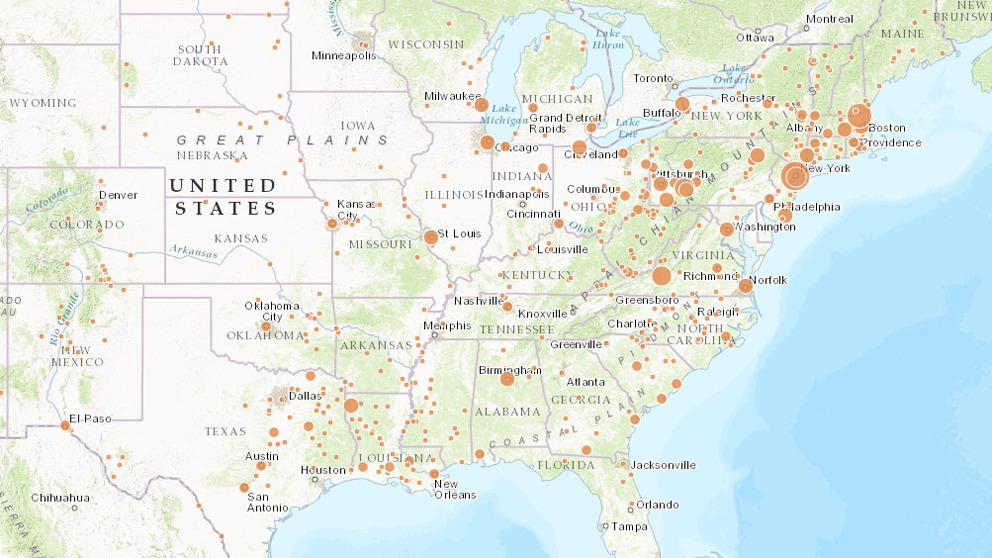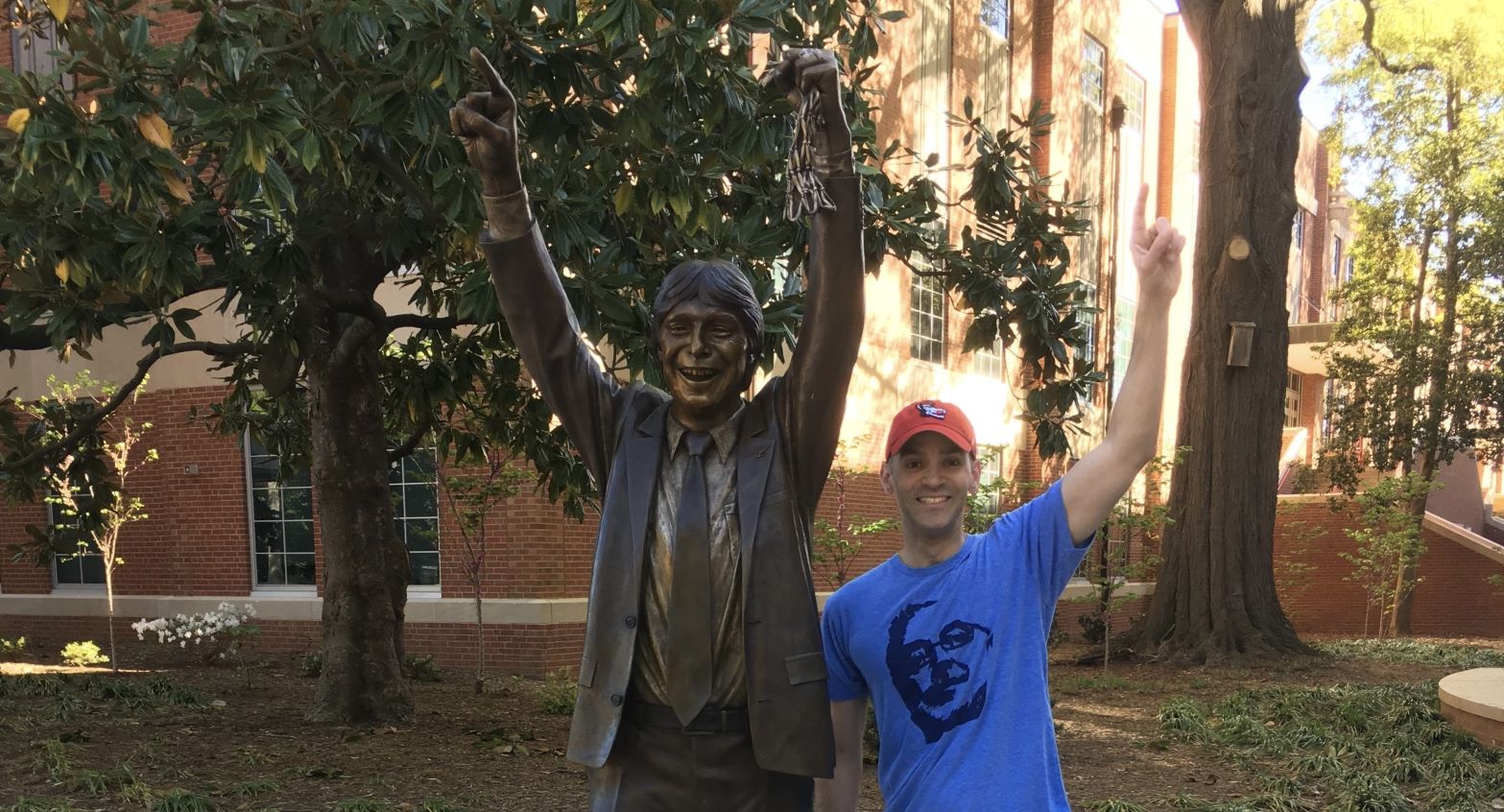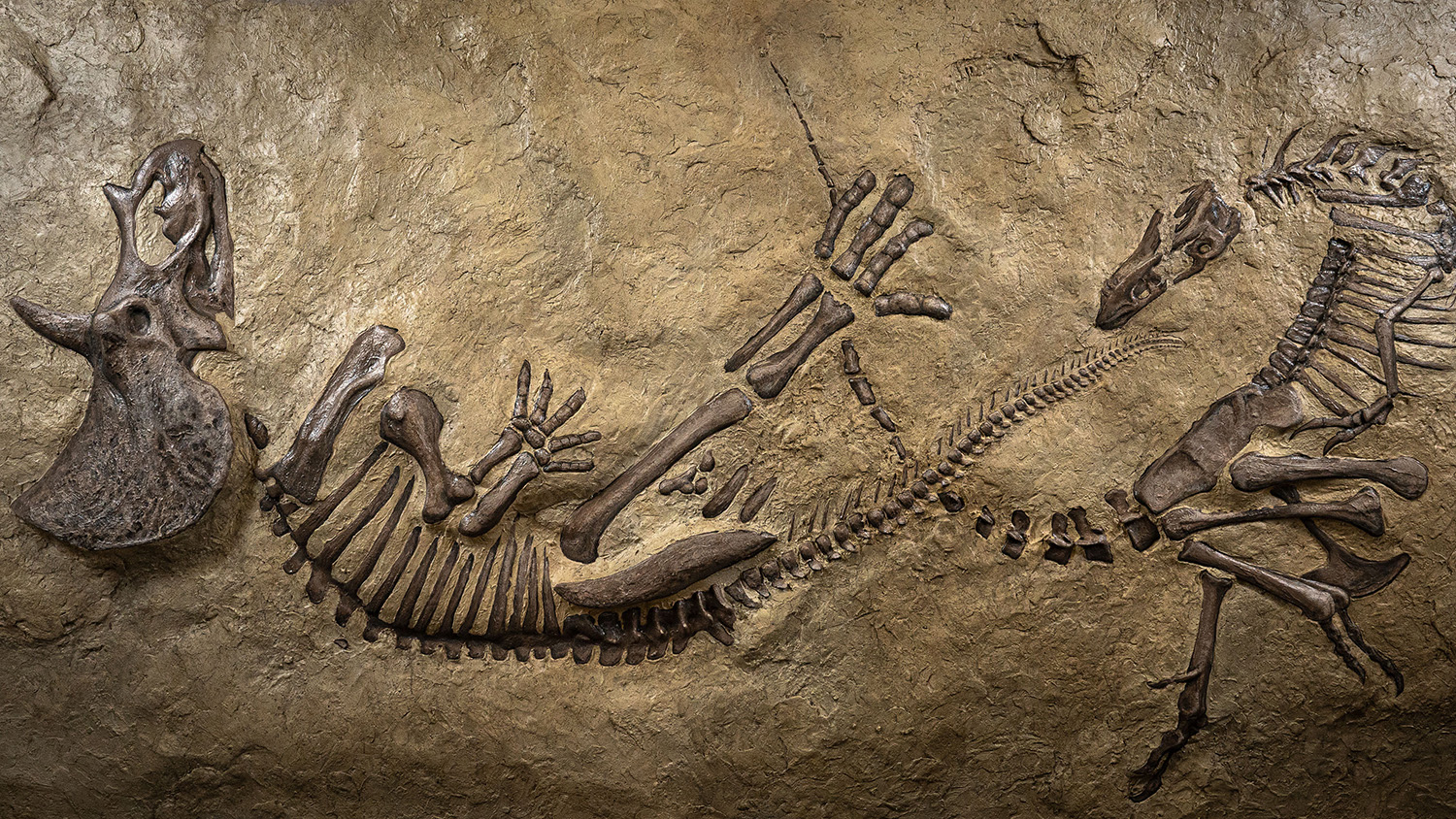Mapping the Life, Work of Lebanese-American Business Owners

NC State’s Khayrallah Center for Lebanese Diaspora Studies recently launched the first phase of Mapping the Mahjar, a digital humanities project that recounts the history of Lebanese immigrants around the world.

Through an interactive visual display, the first phase tells the story of business owners who were part of the initial wave of the Lebanese diaspora in the United States.
Khayrallah Center researchers used data from The Syrian Business Directory, published in 1908 by Salloum Mokarzel and Habib Otash, to map more than 3,000 businesses as part of the project. Going one step further, Mapping the Mahjar also tells the personal stories of more than 70 individual business owners using information mined from census records, naturalization documents, passport applications and city directories.
By revealing the complexities of immigrants’ professional lives, the project challenges traditional narratives of Lebanese entrepreneurial success. The stories told within Mapping the Mahjar show that many immigrants led ordinary lives and met both successes and failures in the U.S. The project also shifts discussions away from the Northeast, highlighting how many Lebanese established communities in the South and West.
The project originated from the center’s previous work on the business directory in early 2015. Since then, the center has refined the data collected from the directory to account for business partnerships. The center hopes to expand its understanding of the professional lives of Lebanese immigrants by obtaining directories from Argentina, Mexico and eventually Australia and other parts of the world.
Staff are also collecting a random sample of occupations from the 1900, 1910, 1920, 1930, and 1940 censuses. This data will help look beyond those who owned businesses and uncover the stories of the many immigrants who worked as laborers, entertainers and professionals throughout the nation.
We hope that you enjoy browsing Mapping the Mahjar. We encourage you to share your own family stories with us on our YourStory page.
Editor’s Note: Because of the large size of the business directory database, Mapping the Mahjar works best on laptop and desktop computers, but it has mobile functionality.


